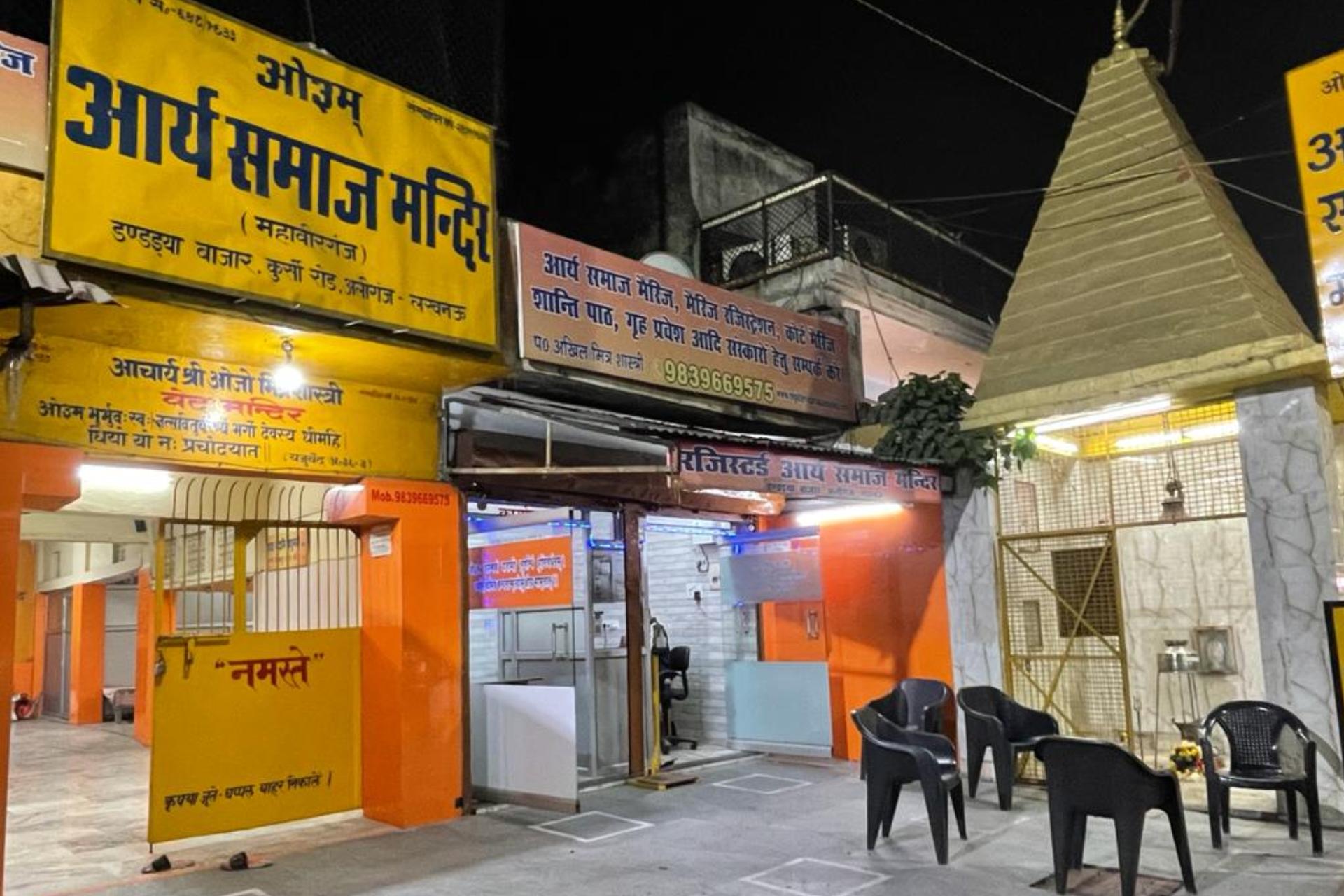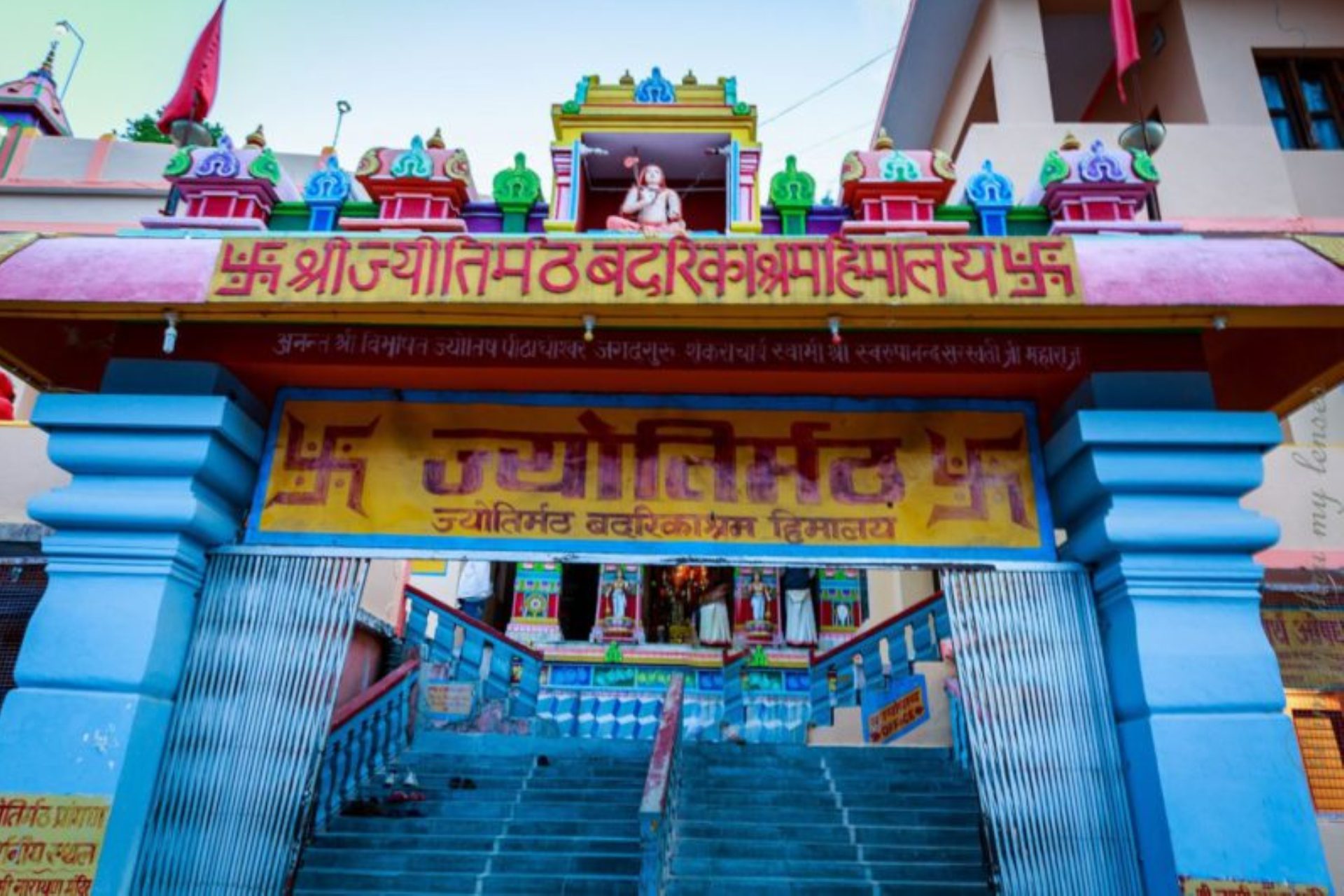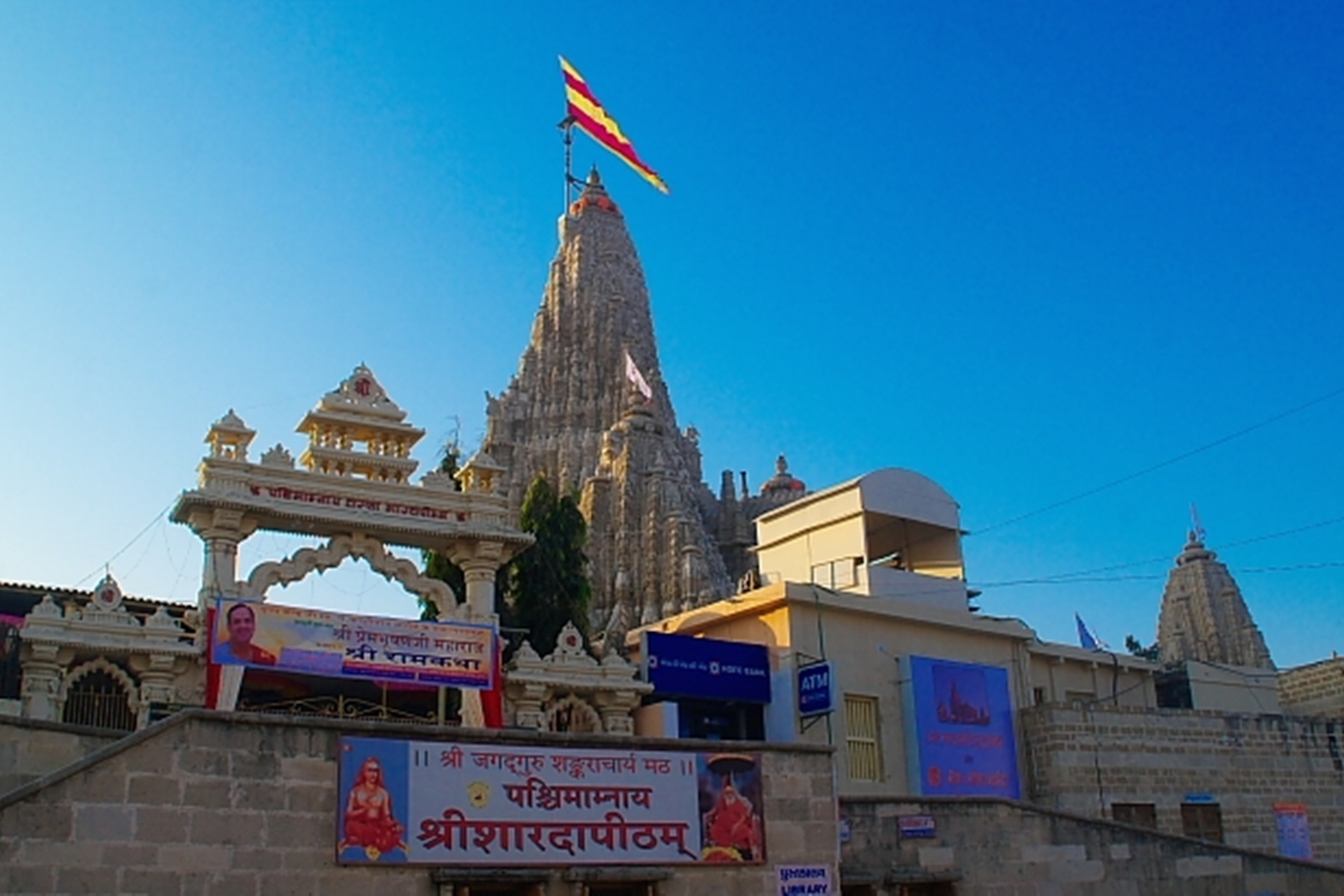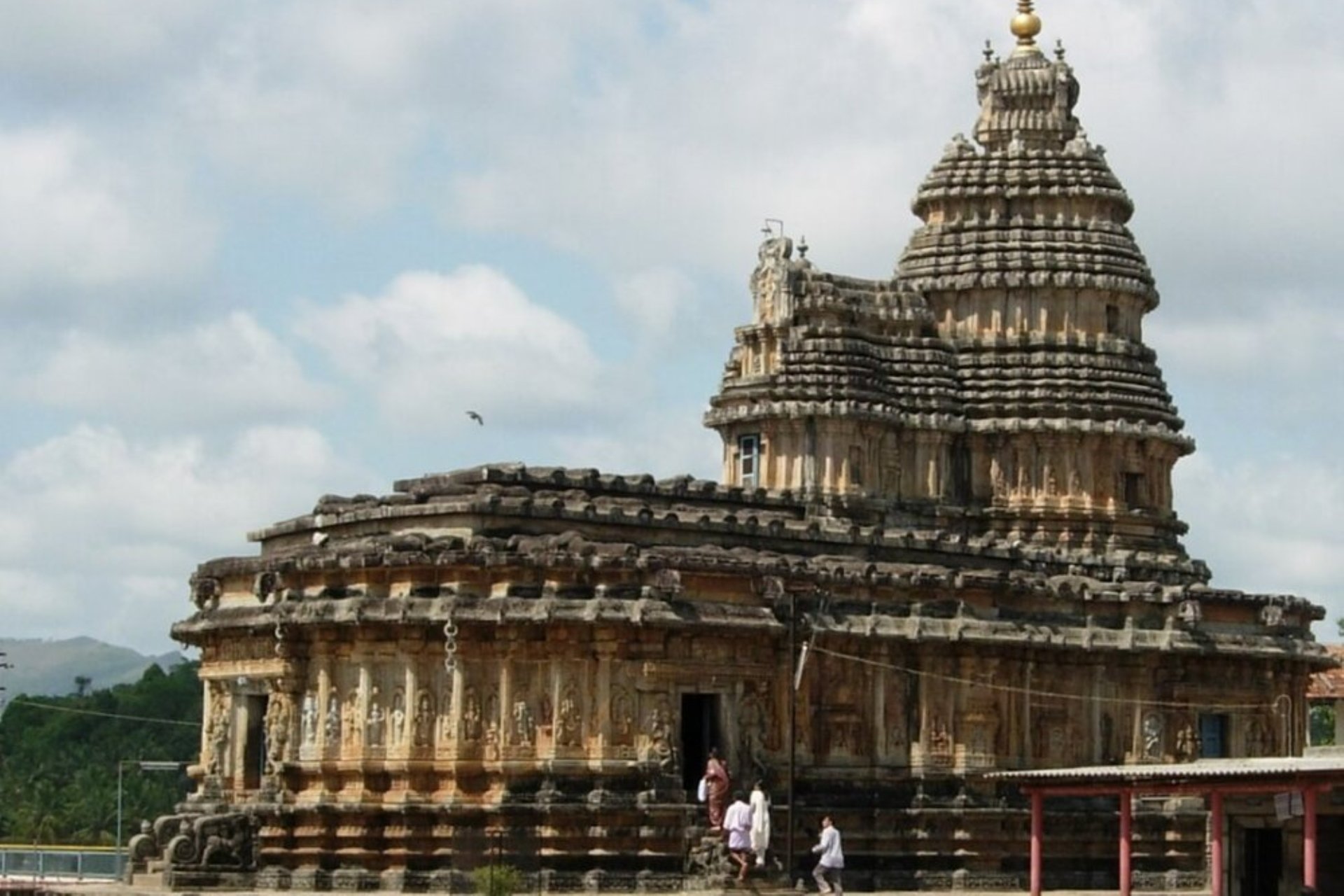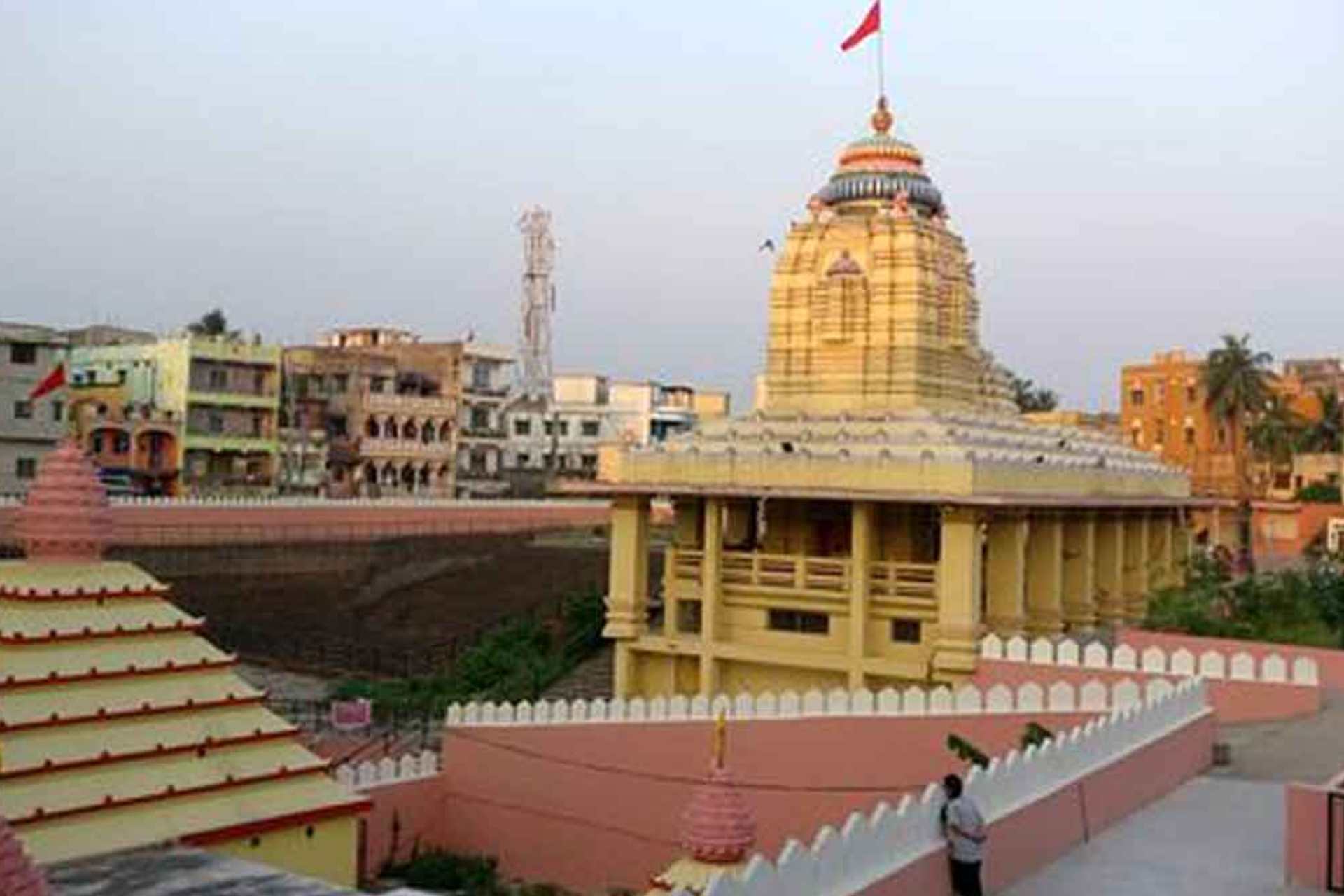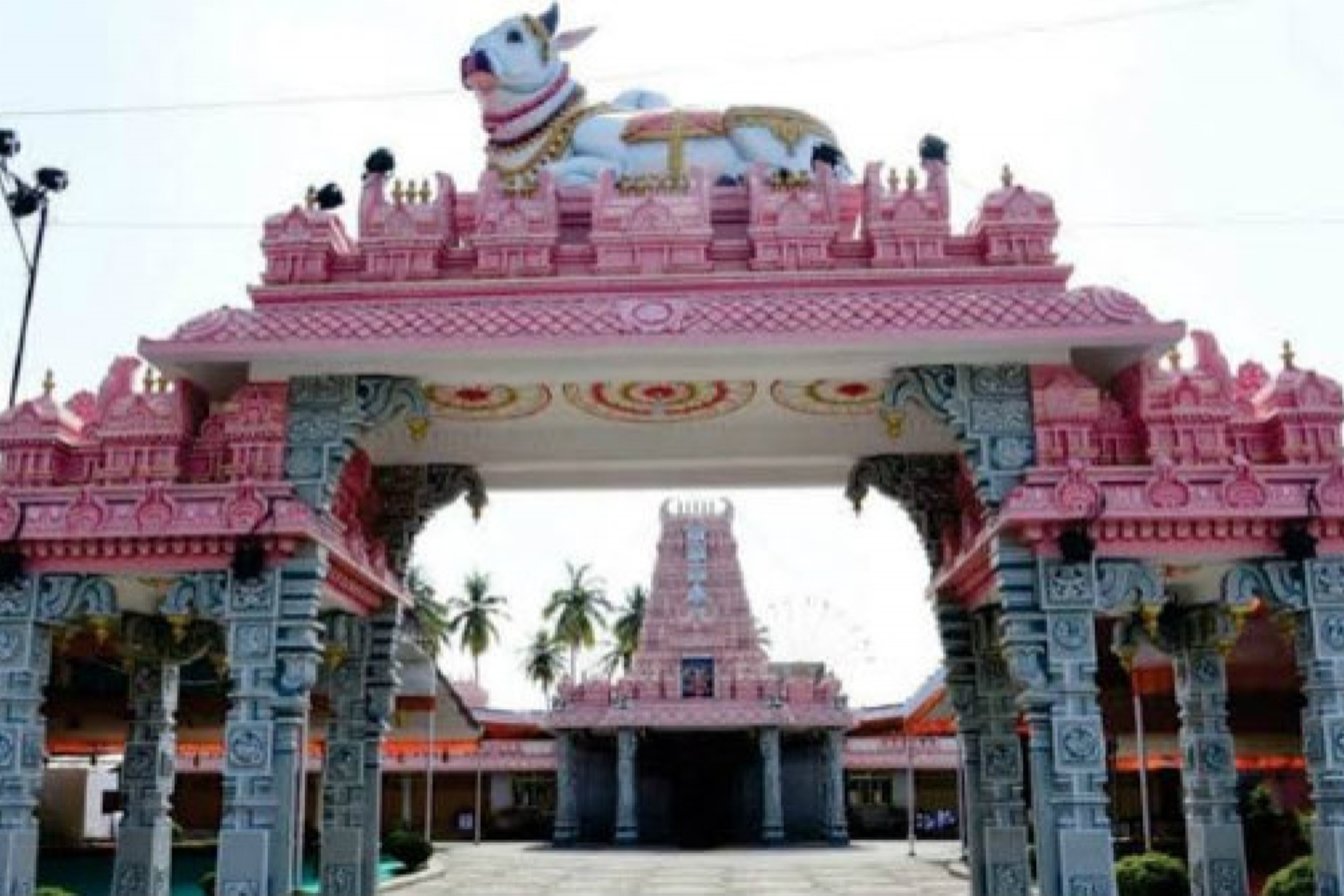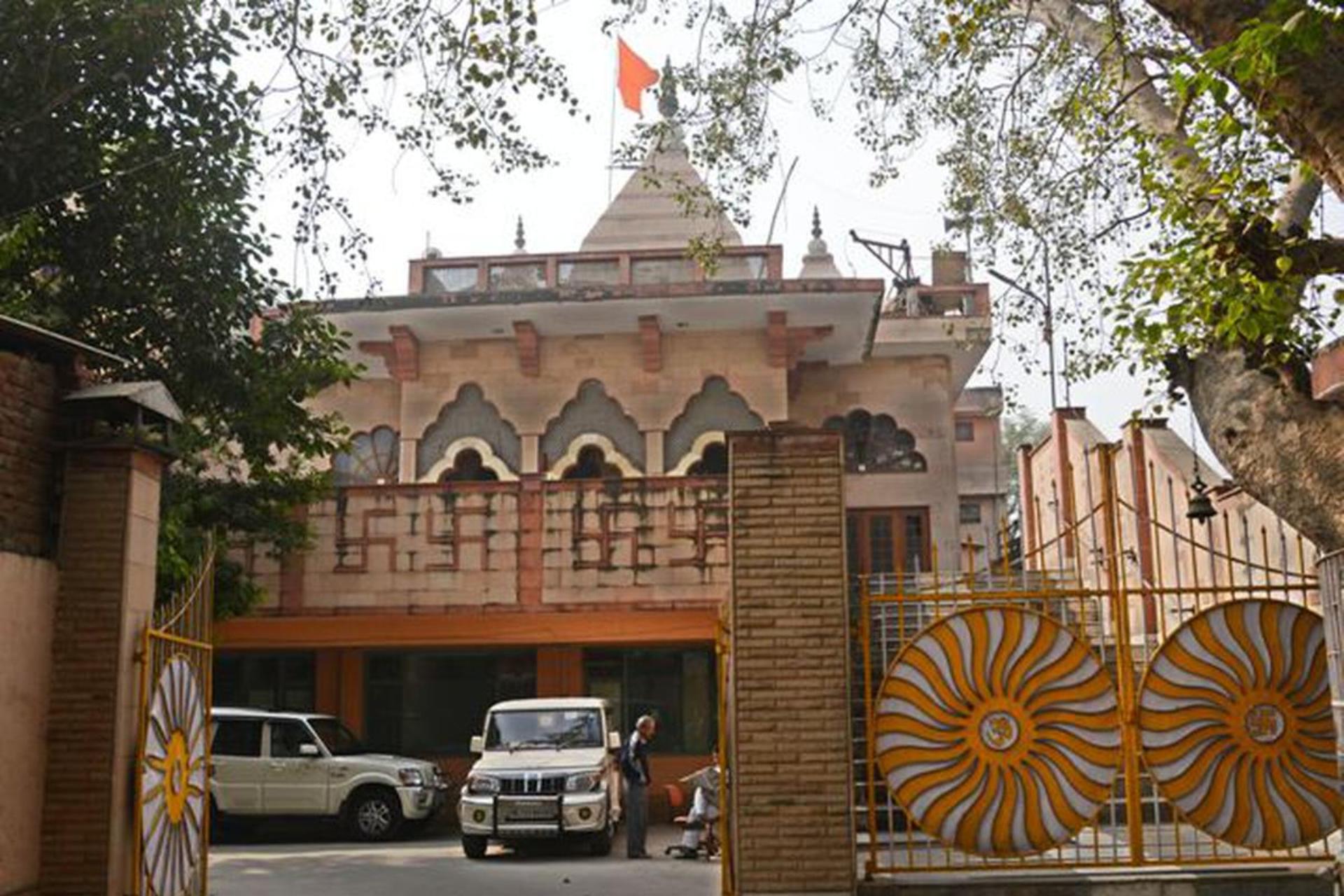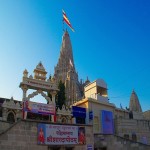Arya Samaj is a Hindu reform movement founded by Swami Dayananda Saraswati in 1875 in Bombay, India. The movement's goal was to promote the principles of Vedic religion and to reform Hindu society, which Swami Dayananda believed had become corrupted by ritualistic practices and superstitions.
The central philosophy of Arya Samaj is based on the principles of the Vedas, which are considered to be the oldest and most sacred texts of Hinduism. The movement emphasizes the importance of monotheism, rejecting the worship of multiple gods and goddesses, and promoting the idea of a single, supreme being. Arya Samaj also emphasizes the importance of karma and dharma, or righteous action and duty.
One of the key aspects of Arya Samaj is the promotion of Vedic education and the use of Sanskrit as a sacred language. The movement encourages the study of the Vedas and other Vedic texts and promotes the use of Vedic hymns and mantras in worship and prayer.
Arya Samaj is also known for its social and cultural reforms. The movement advocates for the education and empowerment of women, the abolition of the caste system, and the promotion of social equality and justice. Arya Samaj also promotes the use of natural remedies and traditional medicine, as opposed to modern medical practices.
Arya Samaj has a decentralized structure, with local branches and organizations operating independently under the umbrella of the Arya Samaj central organization. The movement has a significant presence in India, as well as in other parts of the world, including the United States, Canada, and the United Kingdom.
Arya Samaj is a Hindu reform movement that seeks to promote the principles of Vedic religion and to reform Hindu society. The movement's philosophy is based on several core principles:
Monotheism: Arya Samaj promotes the worship of a single, supreme being, rejecting the worship of multiple gods and goddesses. The movement believes in the existence of one God who is infinite, all-powerful, and all-knowing.
Vedas: The Vedas are considered to be the oldest and most sacred texts of Hinduism, and Arya Samaj places a great emphasis on the study and promotion of Vedic teachings. The movement believes that the Vedas contain the knowledge of the supreme being and are a source of spiritual guidance and wisdom.
Karma: Arya Samaj promotes the idea of karma, which is the concept of cause and effect. The movement believes that every action has consequences and that individuals are responsible for their actions and their consequences.
Dharma: Arya Samaj also emphasizes the importance of dharma, or righteous action and duty. The movement believes that individuals have a duty to follow the path of righteousness and to act in accordance with the laws of the universe.
Social and cultural reform: Arya Samaj is known for its social and cultural reforms. The movement advocates for the education and empowerment of women, the abolition of the caste system, and the promotion of social equality and justice. Arya Samaj also promotes the use of natural remedies and traditional medicine, as opposed to modern medical practices.
Satya (Truth): Arya Samaj upholds the principle of truth and considers it to be the foundation of all morality and spiritual progress. The movement believes in the importance of seeking truth and promoting honesty and integrity in all aspects of life.
Ahimsa (Non-Violence): Arya Samaj promotes the practice of ahimsa, or non-violence. The movement believes in the importance of respecting all living beings and avoiding harm to others.
Overall, Arya Samaj's philosophy is based on the principles of monotheism, the Vedas, karma, dharma, social and cultural reform, truth, and non-violence. The movement seeks to promote spiritual and moral progress, as well as social and cultural change, in order to create a more just and equitable society.
